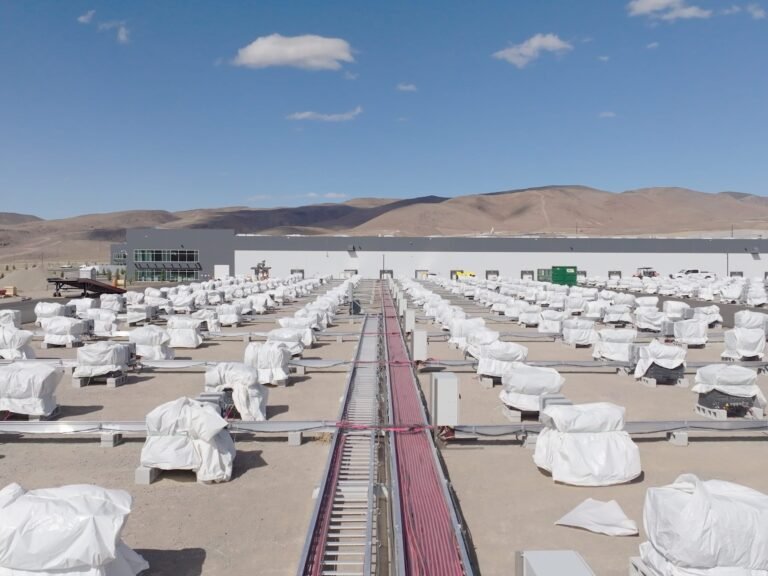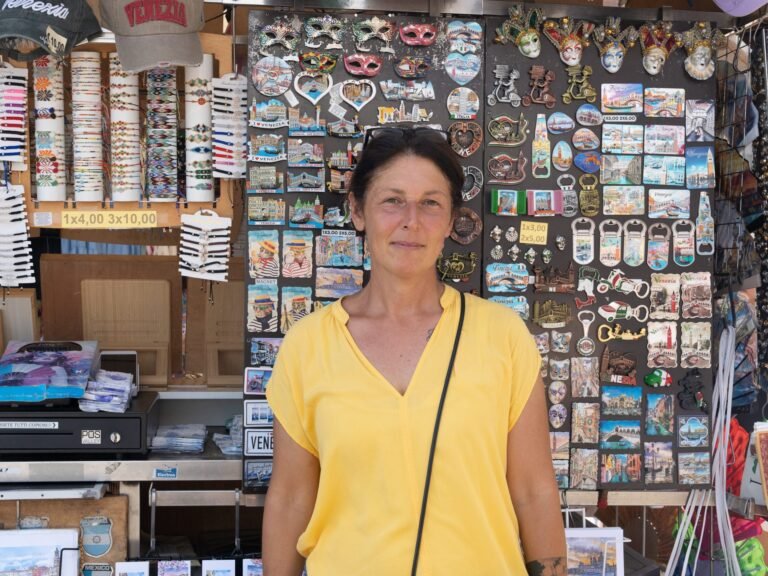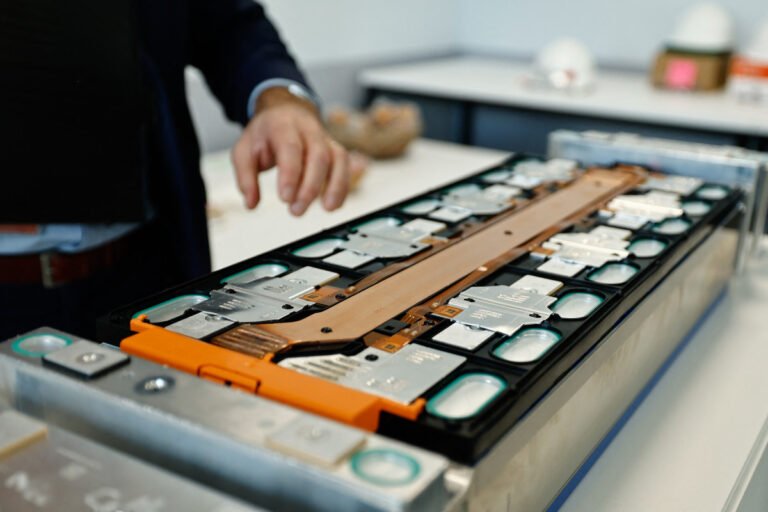
When people think about artificial intelligence, they often picture sleek start-ups or futuristic labs. But what happens when AI meets a company that has been innovating for over 100 years?
Unilever is one of the world’s largest consumer goods companies, home to brands like Dove, Hellmann’s and Vaseline, with products used by 3.4 billion people every day. And behind those everyday items is a deep and evolving commitment to science.
From soap and margarine in the early 20th century to today’s breakthroughs in sustainable packaging and personalized skincare, Research and Development (R&D) has always been our engine of progress. But now, that engine is being transformed by AI.
AI is not just a new tool in our labs, it is a new way of thinking. And for a company with a century’s worth of scientific data, that is a game-changer.
AI is reshaping every industry, but the companies that will be the most successful are the ones that know how to adapt, learn, and build on what they already know. While many legacy companies are exploring how to modernize through AI, the real opportunity lies in how they harness their institutional memory: the decades of research, product development, and consumer insights that can often sit untapped. This requires deep domain expertise, robust data stewardship, and a culture that values learning as much as legacy. When those elements align, AI can become a catalyst for transformation, by revealing the full potential of what has come before.
Unilever was born in the Victorian era, shaped by the industrial and scientific revolutions. Over the decades, we have evolved by responding to cultural shifts; from the transformation of domestic life in the mid-20th century to today’s shifting expectations around skin health, beauty, and wellbeing to the growing urgency of sustainability. When new materials like Formica and stainless steel became common in mid-century kitchens, our scientists developed products tailored to these surfaces. This was not just chemistry, it was a scientific response to a changing way of life.
That same mindset—science in service of real life—still drives us today. But the questions we’re asking have become more complex: How do we support the skin’s natural microbiome? How do we clean homes without disrupting the ecosystems that live on our surfaces? How do we design products that are both effective and sustainable? These are not simple problems, and they require new ways of doing science. That’s where AI comes in.
With machine learning, we can uncover patterns that would take human researchers hundreds of years to detect. We are using AI to understand how microbes interact with our products, how skin responds to environmental stressors, and how we can personalize formulations for different needs and regions.
But here is what makes our approach unique—we are not starting from scratch. Like many legacy companies our R&D archives stretch back over 100 years. We have records of every formulation, every trial, and every consumer insight. This historical depth gives our AI models something incredibly rare: context. While many companies are just beginning to build their data sets, established companies like ours are standing on a foundation that has been carefully constructed for generations.
Our scientists can unlock proprietary knowledge that was once siloed, scattered across teams, or locked in an archive. A century of skincare expertise is now structured, searchable, and ready to be applied. We are using AI to connect the dots across decades of research, accelerating discovery in new materials while simultaneously optimising formulations for specific needs, like different skin types. We’re moving from research and discovery to formulation design and refinement in a single, integrated process, helping us respond faster and more precisely to people’s needs around the world.
This is not about replacing scientists with algorithms. It is about creating the conditions where human talent can thrive. Agentic AI systems give our teams the ability to ask better questions, explore more possibilities, and unlock insights from our data. By amplifying human creativity and empathy not automating it, we’re enabling our scientists to focus on what they do best: imagining, experimenting, and designing products that meet real human needs.
So why should this matter to anyone outside Unilever?
Because it shows what is possible when legacy meets learning. In an era where AI is reshaping every industry, the companies that thrive will not just be the newest or the loudest, they will be the ones that know how to adapt, how to learn, and how to build on what they already know.
AI rewards data maturity. It rewards curiosity. And it rewards companies that see technology not as a threat to tradition, but as a way to reimagine it.
We do not have all the answers. But we have learned that staying curious, being a “learn-it-all” not a “know-it-all,” is what keeps a company relevant for a century. AI is helping us stay curious at scale.
We believe the next 100 years of innovation will be driven by companies that embrace the partnership between human talent and agentic AI: hybrid systems that augment creativity, empathy, and scientific intuition. This is not just a story about technology. It is a story about legacy, learning, and the enduring power of science to shape the everyday—only now with a little help from artificial intelligence.
Alberto Prado is global head digital & partnerships at Unilever.






